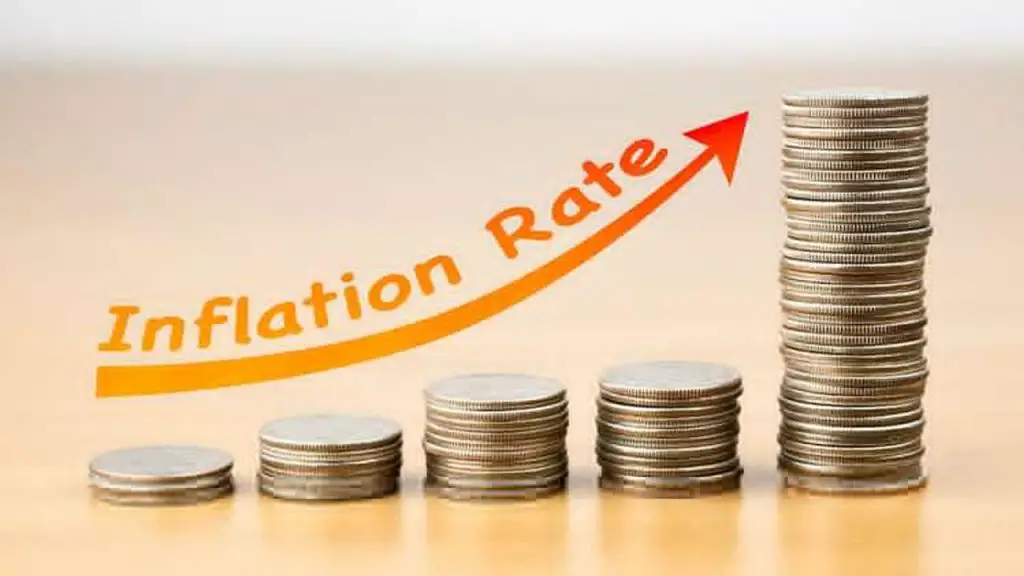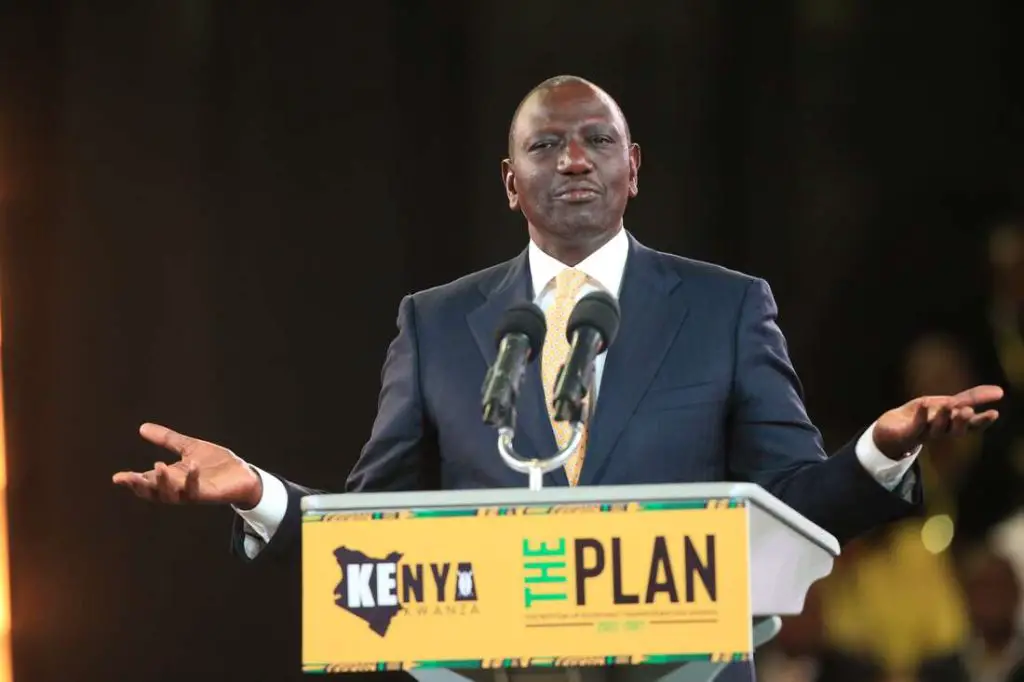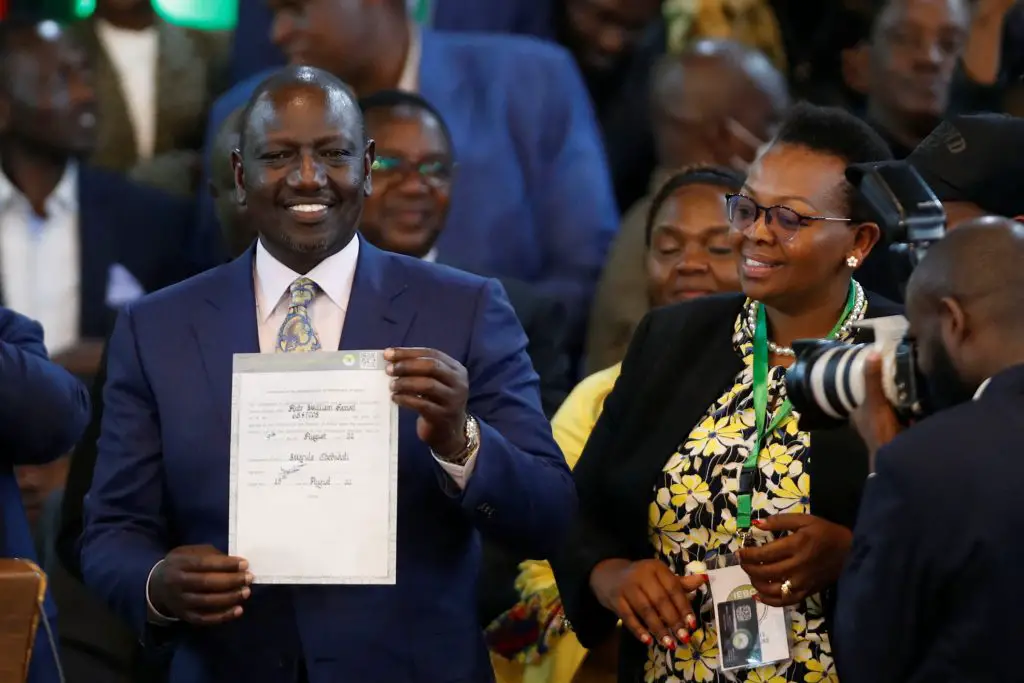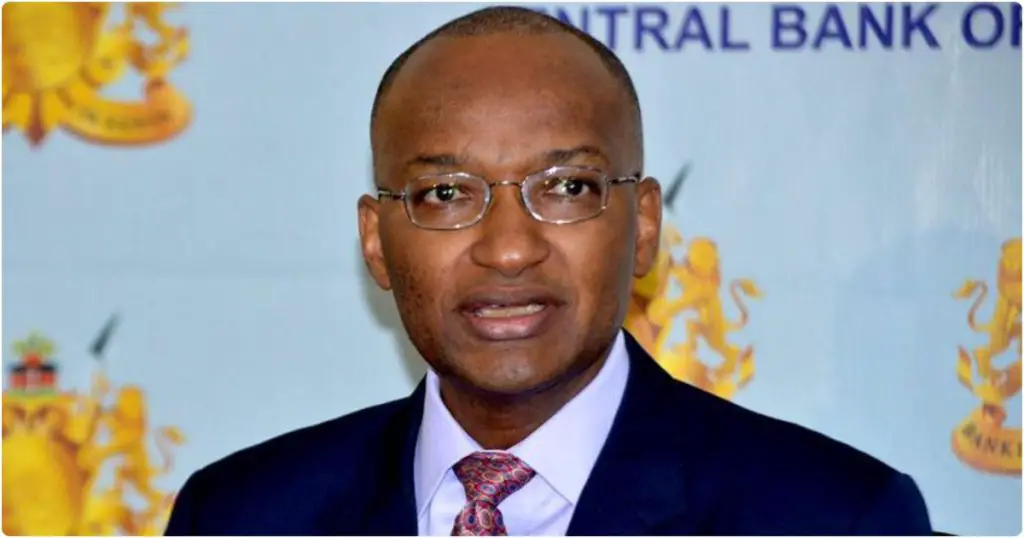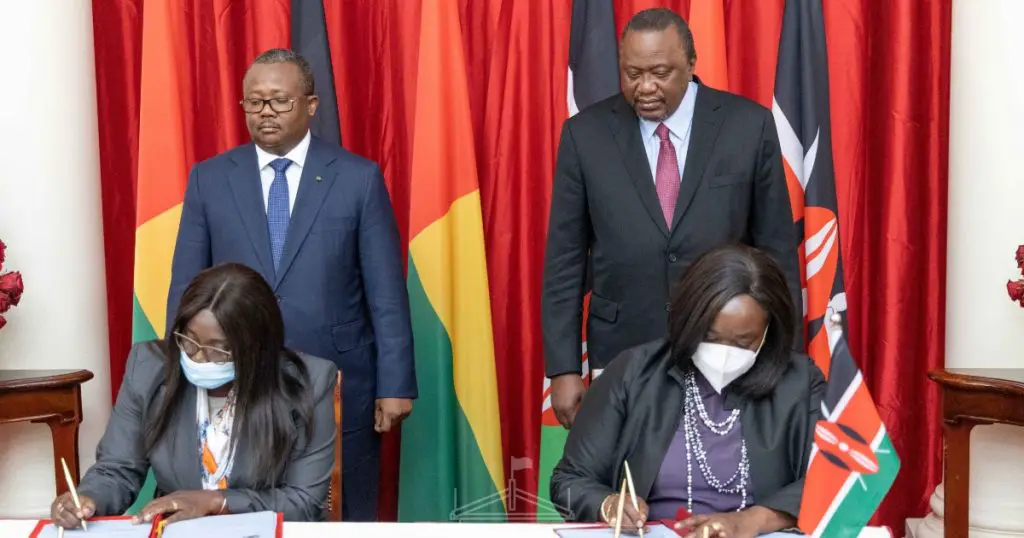- Stanbic PMI Report: Mixed performance as Kenya’s agriculture, construction offset manufacturing decline
- Uganda’s land management gets a tech makeover to boost transparency
- Nigeria’s output dips fastest in 19 months on a sharp rise in costs
- Apple faces growing backlash over Congo exploitation
- Why East Africa is staring at higher wheat prices in 2025
- Nairobi Gate SEZ pumps $7 million into Kenya’s agro-processing industry
- What impact will the US election have on Africa?
- Russia and Tanzania unite to double trade, boost Africa market access
Browsing: Uhuru Kenyatta
Some worry that monetary policy is still excessively accommodating, given that rate hikes have not matched inflation. Policy cooperation may be beneficial. Fiscal consolidation and a mix of rate rises and currency depreciation may play a role in nations where policy is overly permissive.
The shaky recovery in Sub-Saharan Africa, coupled with domestic demand constraints, has not significantly fueled inflation so far. However, in the coming months, governments and policymakers must carefully monitor and prioritise tackling the rising inflation in Africa.…
Kenya has not been left behind in the growth and development of technology. East Africa’s richest economy stands tall in the development of digital technology. However, a lot needs to be done, and the new administration has enough space to execute its plan regarding the advancement of the Kenyan digital space.…
Ruto’s bottom-up economics plan, as described in his manifesto, appealed to the electorate all over the country. The high cost of living and the rising commodity prices have mainly caused despair and hopelessness among those at the bottom of the economic pyramid.
Ruto’s promises, if realised, might give significant relief from poverty and insecurity, notwithstanding the current catastrophic drought, weak institutions, and worldwide economic instability.
Ruto’s victory is thrilling for the most vulnerable members of Kenyan society. Still, if the incoming president fails to deliver on his campaign promises, political confidence will be difficult to regain, and social unrest will likely occur in the long term.…
African leaders are paid handsomely if their salaries are anything to go by. Even though the continent is still developing, its leaders take home fat cheques.
In Kenya, for instance, a New World wealth report revealed that people with political connections control half of the country’s wealth at the expense of ordinary citizens, some of whom live below a dollar per month.
In Africa, politicians fight for elected positions tooth and nail, attracted by affluent lifestyles, huge allowances and medical cover.
Who are the highest-paid African presidents? As reported by Business Insider, Cameroon president Paul Biya takes home the highest salary. He’s followed by King Mohammed VI of Morocco and South Africa’s Cyril Ramaphosa.…
President Uhuru Kenyatta, who was first elected in 2013, will retire after serving his two constitutional terms. Four presidential candidates were cleared by the Independent, Electoral and Boundaries Commission (IEBC) in the State House race.
They are Deputy President William Ruto of the United Democratic Alliance, Raila Odinga of the Azimio la Umoja One Kenya Coalition Party, David Mwaure (Agano Party) and George Wajackpoyah (Roots Party).
The outgoing head of state has endorsed Raila as his preferred successor to the chagrin of his deputy, who has accused him of interfering in the 2022 succession politics.
The central Bank of Kenya, in its July 2022 Monetary Policy Committee Market Perceptions Survey, notes that at the Nairobi Securities Exchange (NSE), NASI, NSE 25 and NSE 20 share price indices increased by 4.0 per cent, 4.1 per cent and 0.4 per cent, respectively, during the week ending July 28.…
- The bilateral pacts were signed at State House, Nairobi and witnessed by President Uhuru Kenyatta and his Bissau counterpart Umaro Sissoco Embaló
- Top on the list of agreements was a deal to establish a Joint Commission for Cooperation (JCC)
- The duo signed a Memorandum of Understanding (MOU) on the establishment of Political and Diplomatic Consultations between the two countries
- Uhuru later met his Somalian counterpart Hassan Sheikh Mohamud and signed several agreements aimed at restoring ties between Nairobi and Mogadishu following a diplomatic standoff
The bilateral pacts were signed at State House, Nairobi and witnessed by President Uhuru Kenyatta and his Bissau counterpart Umaro Sissoco Embaló who led a delegation to the East African country.
Deals signed between Kenya, Guinea Bissau
Infrastructure development continues to be a vital driver of foreign direct investment (FDI) since logistics are so necessary for global business development, mainly e-commerce, which is now a significant generator of income and jobs at home and abroad.…
Justice Makau’s ruling was as follows, “I find as decided in the Court of Appeal decision, the petitioner has a right to mechanise and adopt technology in its operations. The matter in dispute is therefore effectively concluded and settled in terms stated.”
If the cry of the workers’ Union is true, then this ruling threatens more than 50,000 workers’ jobs and allegedly, already over 10,000 tea pickers have lost their jobs to the machines.
However, the odds are pinned against the peasants, the Kenya Tea Growers Association says the loss of jobs has nothing to do with the machines but rather ‘…tea companies reducing their workforce through natural attrition.…
Four critical universities best practices for fostering graduate employability are of interest: Industry partnerships, Aligning university education with a country’s development plans, Regular university curriculum reviews, and Strengthening quality assurance systems.
However, while Universities work to better prepare graduates for the workforce, it is imperative for the government and the private sector to step in and increase the employability of graduates who are already in the workforce.…
Looking at the bigger picture, speculations are that the milk and milk product levies and taxes are designed to lure Uganda to choose favourably towards other trade issues that are pending.
As local Ugandan media puts it; “Uganda maintains that if there are issues that need to be addressed, they can be handled through bilateral arrangements or the regional trade agreements within the East African Community instead of using arbitrary means such as high taxes.”
Squeezing Uganda to act in its favour, Kenya has also imposed what Uganda is terming ‘a restriction to Ugandan diary products since January 2020.’ Notably, Kenya is Uganda’s largest milk trading partner in the region, yet for over an year now, Kenya has maintained restrictions on Ugandan milk products despite the East African Community (EAC) common market protocol.…





